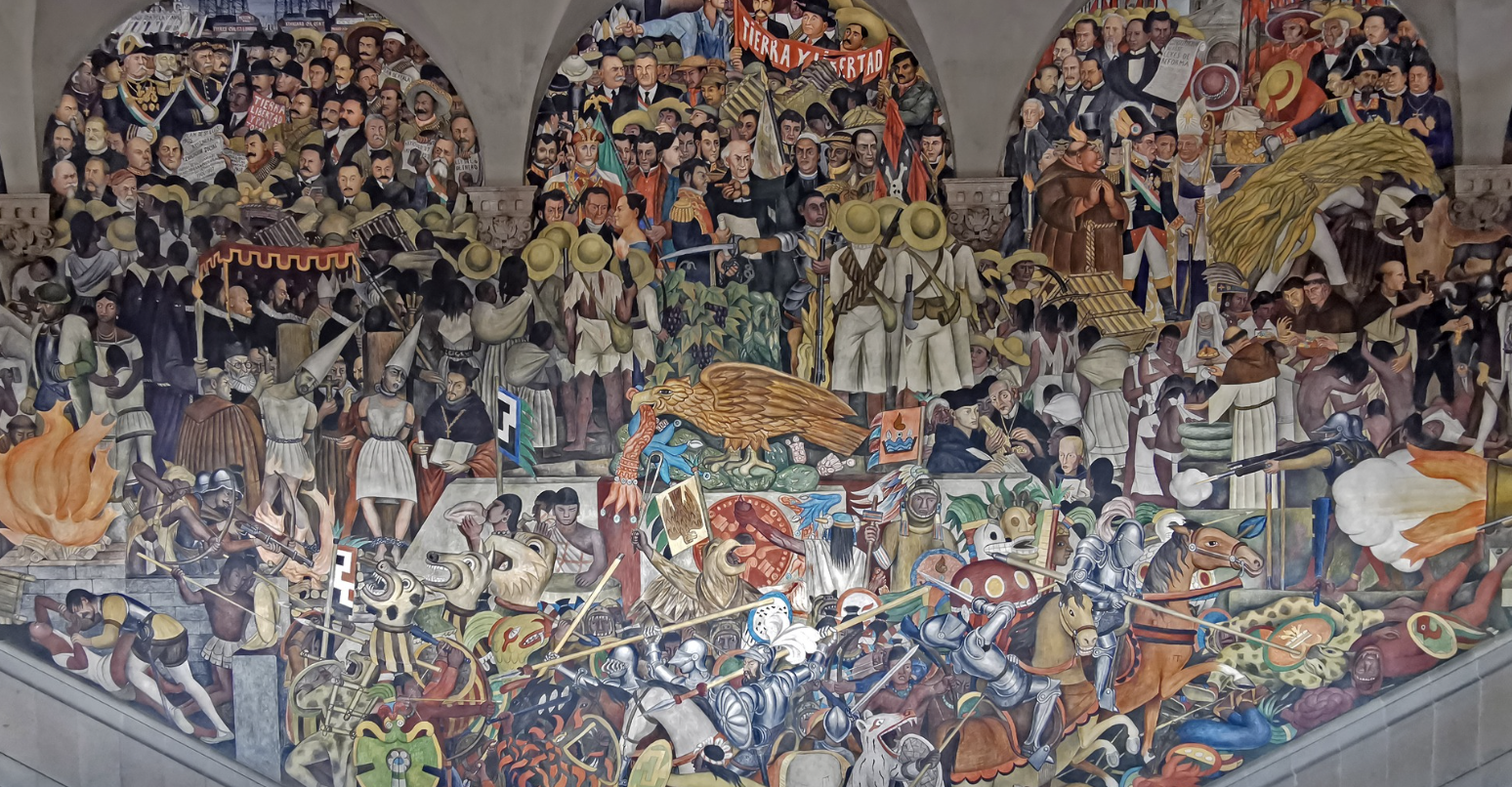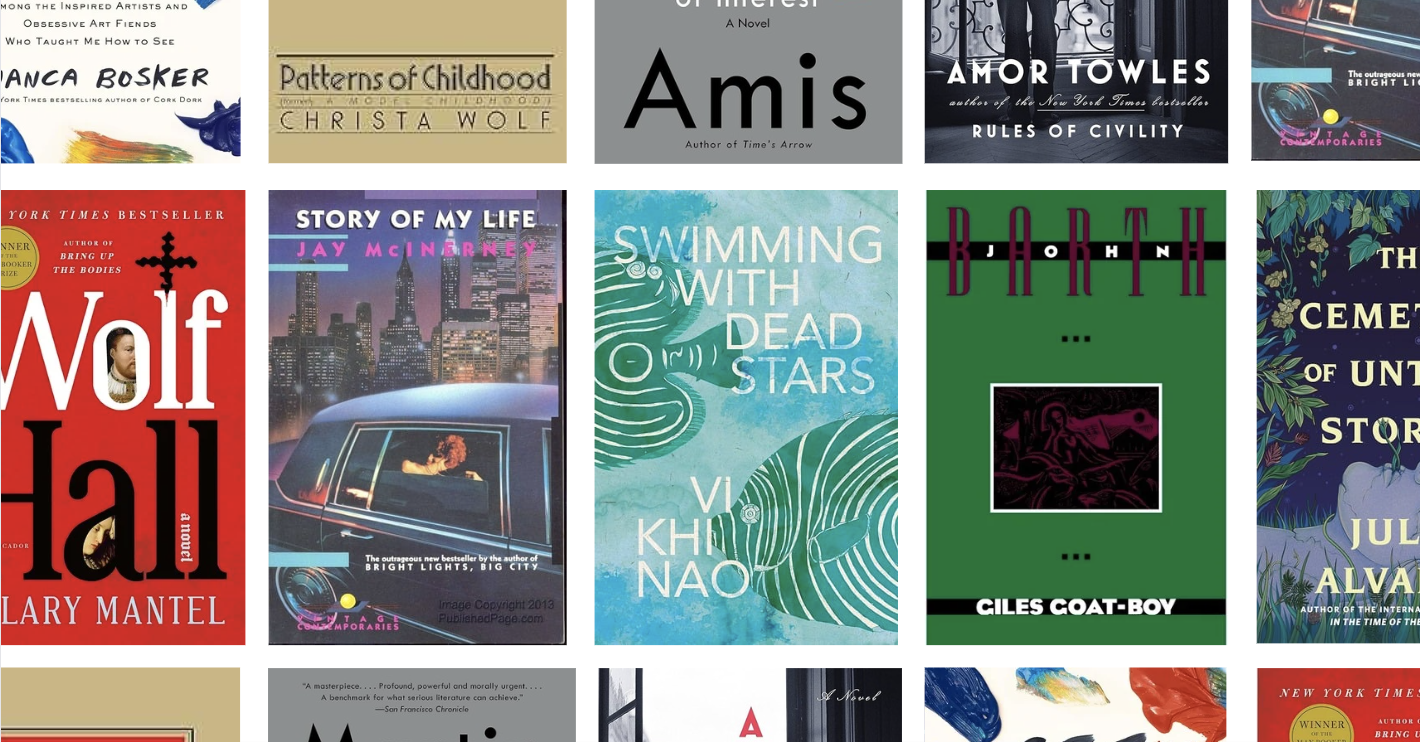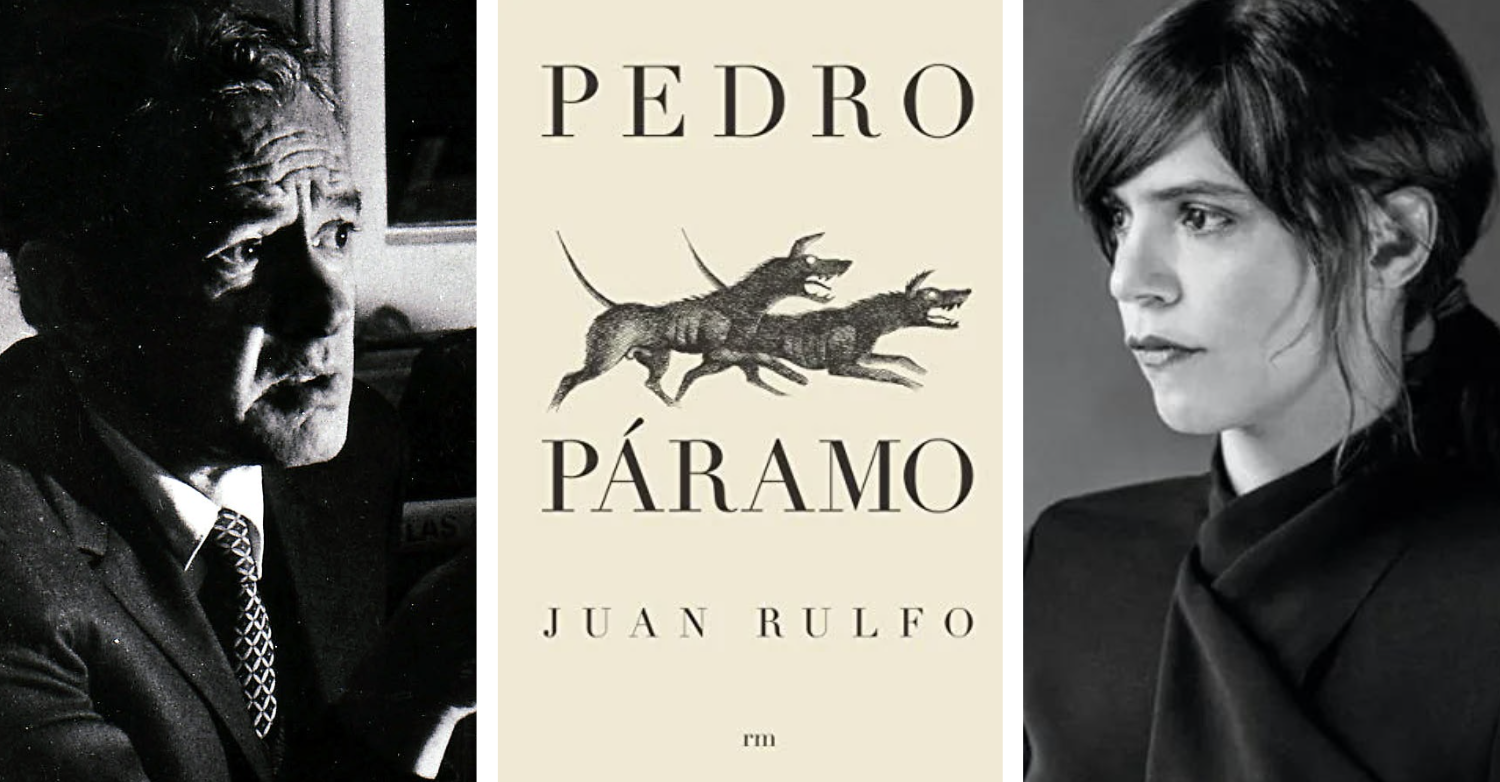
Eileen Myles meets Rihanna, and Grindr meets Muse in Tommy Pico’s debut book-length poem, IRL. The poem speaks through the voice of Teebs, a character who shares Pico’s nickname and similarly resides in Brooklyn after growing up on the Viejas Indian reservation of the Kumeyaay Nation. Teebs both yearns for and is haunted by Muse, an otherworldly abstraction and object of desire, as he navigates the simultaneously desirous and oppressive, simultaneously digital and material world (read an excerpt here).
In April 2014, Pico published Absent Mindr, the first poetry chapbook available as an app for smart phones and tablets (read interviews with . It is no surprise that his first full-length publication also experiments in incorporating new technologies of communication with reading practices. As the title immediately invokes, IRL situates itself in the intersection of the poetic and the often-belittled text-speak. The poem is peppered with the language of cyberspace and other forms of shorthand that have taken on a history and meaning of their own. The language showcases both the richness and cutting irony of text-speak that often manifest at the same time. Not only does Pico incorporate text-speak into the poetry, but the language of texting becomes poetry — beautiful and rich within its own right.
The content of the poem grapples with the at times angering, at times guilt-inducing layers of desire, trauma, and bytes of data that comprise contemporary life and that refuse compartmentalization. Teebs navigates his position as a single, queer, indigenous poet in America living within a world that demands an ordering of those words despite a simultaneous experience and singular body. This world is just as populated with the overlapping of text messages, Grindr messages, Instagram DM’s as it is with the daily violent effects of colonization, racism, homophobia in the Hamptons, on the Rez, in Brooklyn, all alongside a textually-mediated awareness of broader global crises.
Artist Jenny Holzer’s famous truism claimed “All Things Are Delicately Interconnected.” Indeed, Pico’s poem explores the intensity, unavoidability, and depth of interconnection yet complicates a vision of delicacy, an ease of the connection. IRL in its winding, non-linear narrative and associative language enacts just how interconnected each aspect of Teebs’s life is, as is ours, and perhaps increasingly so through new forms of communication and exchange. But this interconnectivity is simultaneous yet fraught with tensions, pain, and even humor.
IRL denies the reader the luxury of easily parsed-out moments, memories, violences, and even words — nothing exists entirely singularly. Teebs feels anxious about responding to an intrusive DM on Instagram, a stream of intrusive comments on his queer body just trying to walk to the train, an intrusive colonizing narrative that violently erases Kumeyaay language and history, and an intrusive guilt about feeling subsumed by these intrusions while simultaneously conflicts in Syria and conflicts back on the rez echo through social media in ways that bring these issues both closer than ever and serve as a guilt-inducing reminder of Teeb’s distance.
Just as Teebs exists as the sum of his experiences, identities, interactions, and social media accounts, the words within Pico’s short lines mirror how Teebs occupies and moves around these spaces, their ever-muddling borders and boundaries. The playful language constructs simultaneously humorous punchlines and serious meditations on how the moral, emotional, and social spaces we occupy break open and into each other. The poem asks, “Was it Sontag /or Sonic the Hedgehog / who said just dash dodge/ weave faster than you/ can think” Indeed, in this poem there is no either/or dichotomy, only the multiple and often conflicting layers that comprise the whole. And who doesn’t both chuckle at the pun and ache at the truth of language broken apart and multivalent in a line such as “We are reaching clima- / te change” or “Money is not a- / mused”? The digitized, the pop culture, the intimate, the political, and the literary all bleed together, revealing the connective tissue of language that often is as confusing as it is humorous. It is there that the genius of Pico’s puns and language-play live and reveal their cultural, etymological, and aural associations. Pico showcases the associativity of language to create the landscape of the poem, which soars when exploring the connective tissue of thought and experience. And he isn’t afraid to throw a joke or (admittedly cheesy) pun into the mix — a rare treasure in poetry.
But Pico’s writing reminds us: there are limitations. We travel through the poem one word, one line at a time, we follow Teebs’ line of thought that — just like us — can move from thought to thought but can’t quite think two thoughts concurrently. The line of thought is like the line of poetry — it bleeds into what came before and what came next but it simply cannot contain everything at one. The man at the bar discusses the controversy over articles on Patricia Lockwood’s writing yet neglects to discuss an article on the crisis in Syria. How does one heal from the impact of ongoing colonial violences on indigenous people, of queer-bashing street harassment, of an unresponsive Muse, when all the while online there’s a buildup of notifications about what has happened with Kim Kardashian, with the Tea Party, for the lost Nigerian schoolgirls, in Ferguson. These moments within the poem speak to a truth about the accompanying anxiety, pain, and even guilt of our limitations within a certain time and space. But within this, Teebs speaks a glimmer of hope — the potential of poetry and perhaps even enacted within the poem:
I like to keep trying new
ways of being staked,
which gives me context
to yr outlet, the Internet.
We know wanting to die
isn’t the coup in Thailand
and Muse isn’t Syria,
or ebola, or Craq / de Chevalier.
At my best
I have the luxury
of speaking for my-
self. I becomes
medium.
It is the medium of the “I” that reveals to us the patchwork world of the 98 pages of IRL. The “I” embraces and interrogates the complexities of what it means to live in real life in the 21st century. There is simply so much packed into this poem, while the poem maintains an energy, power, and velocity that carries the reader through to the end. The poem offers a politically sincere and sincerely political meditation on desire, oppression, language, history, and technology without one-note cynicism or kitsch.
Last month, Ed Simon discussed which works might be considered American Epic Poetry. Pico’s debut is America’s epic poem-text message that scrutinizes America, poetry, and digital culture. Tommy Pico’s IRL is an intimate and powerful commingling of the personal and the political and isn’t afraid to crack a joke; it is the intimately epic poem we need.








